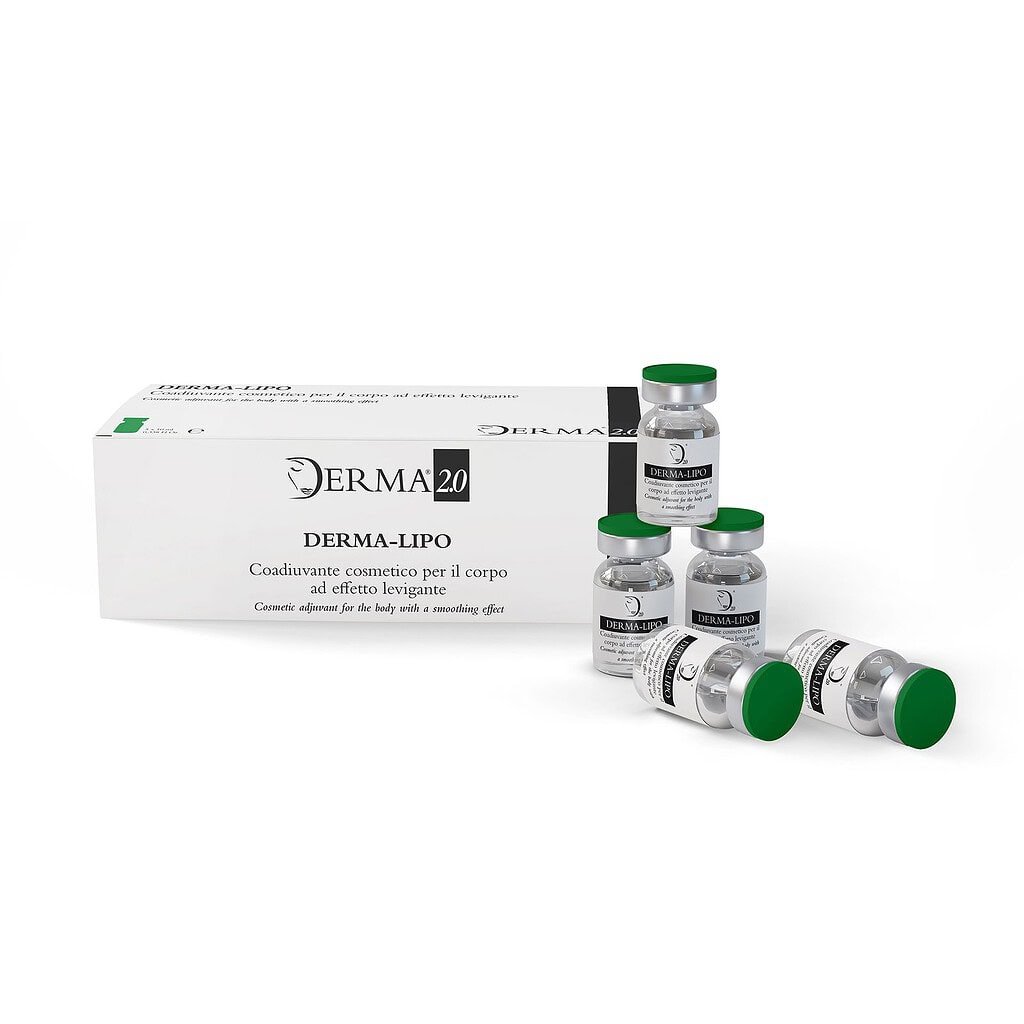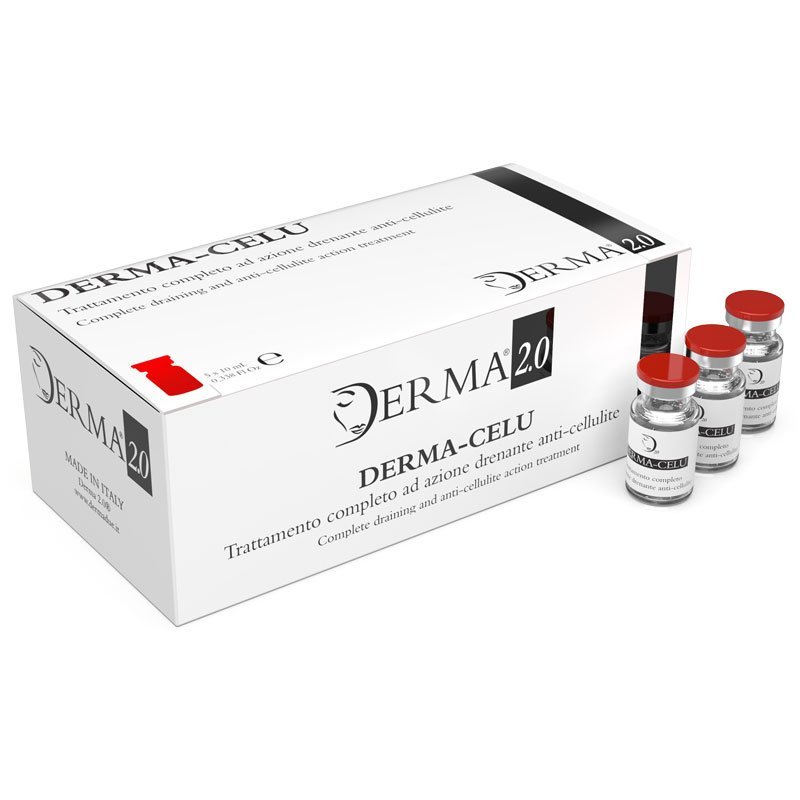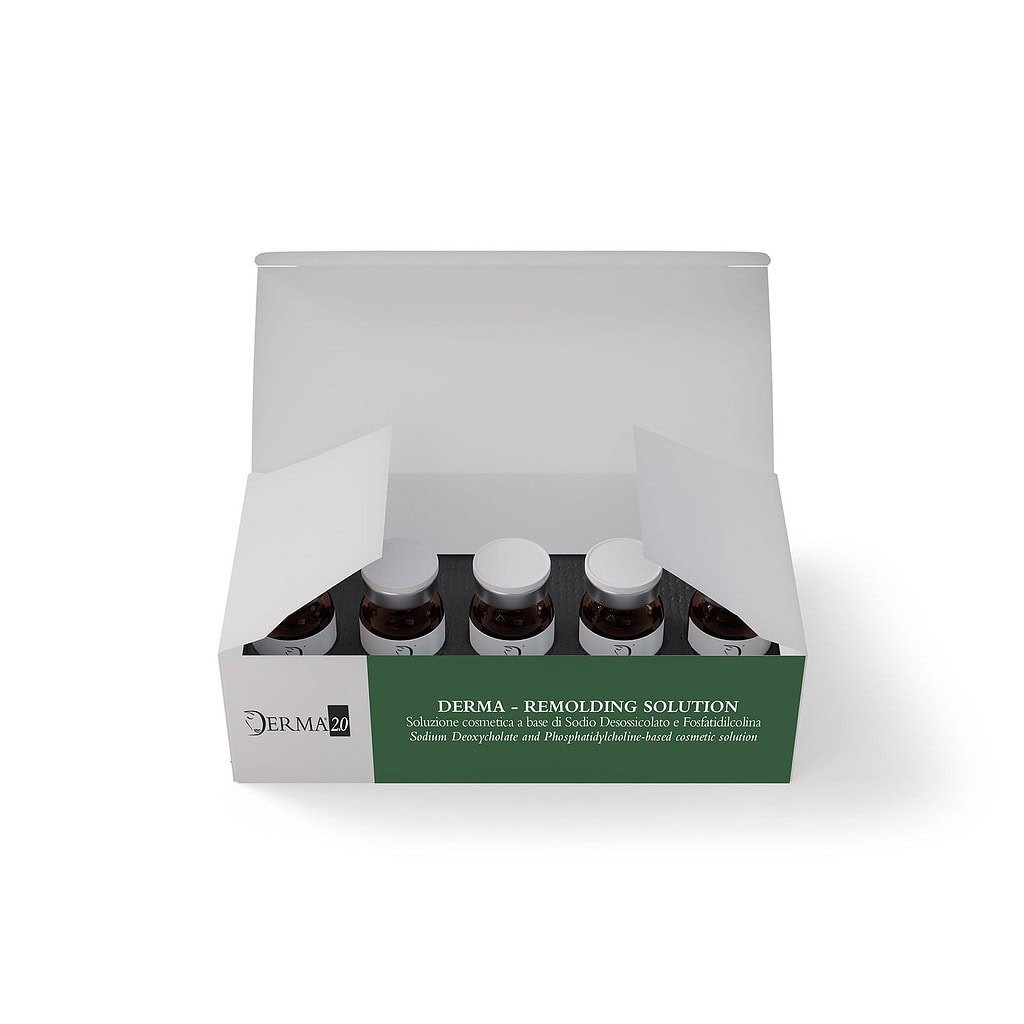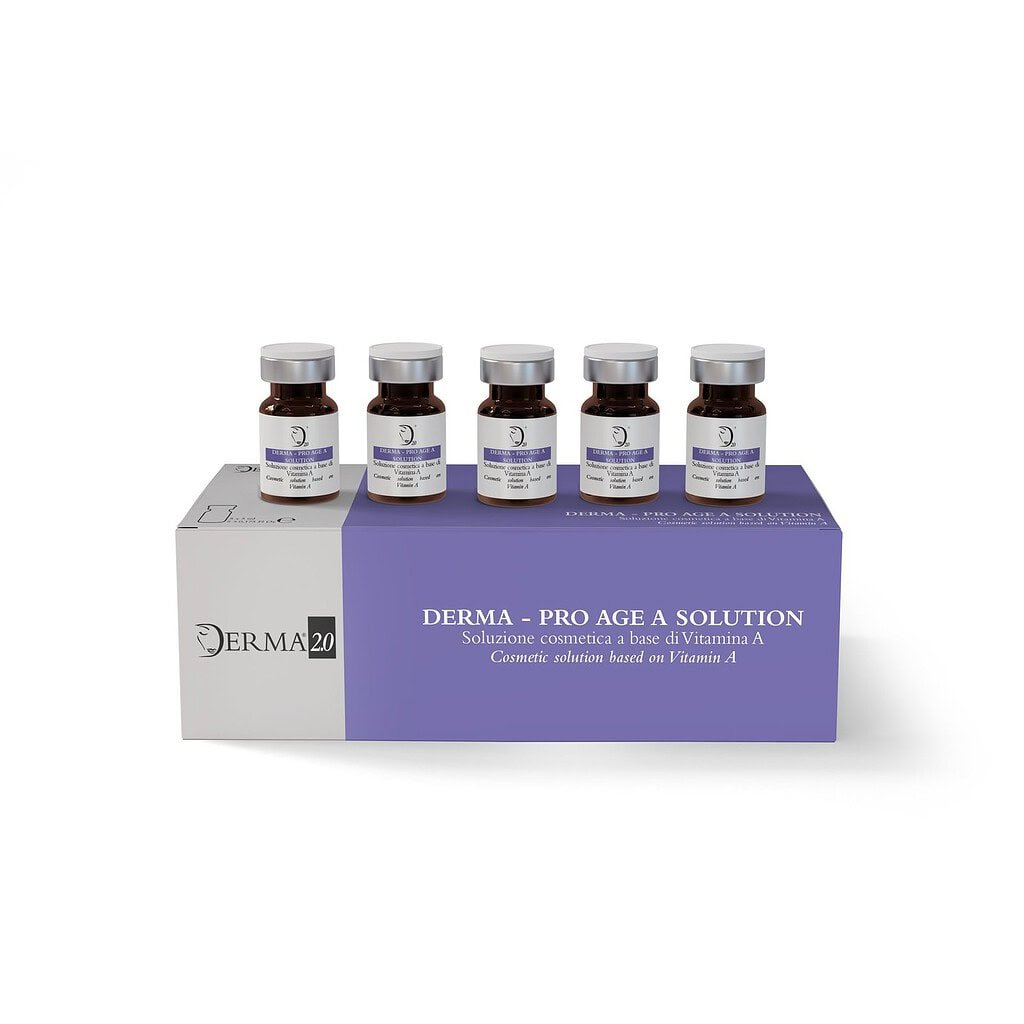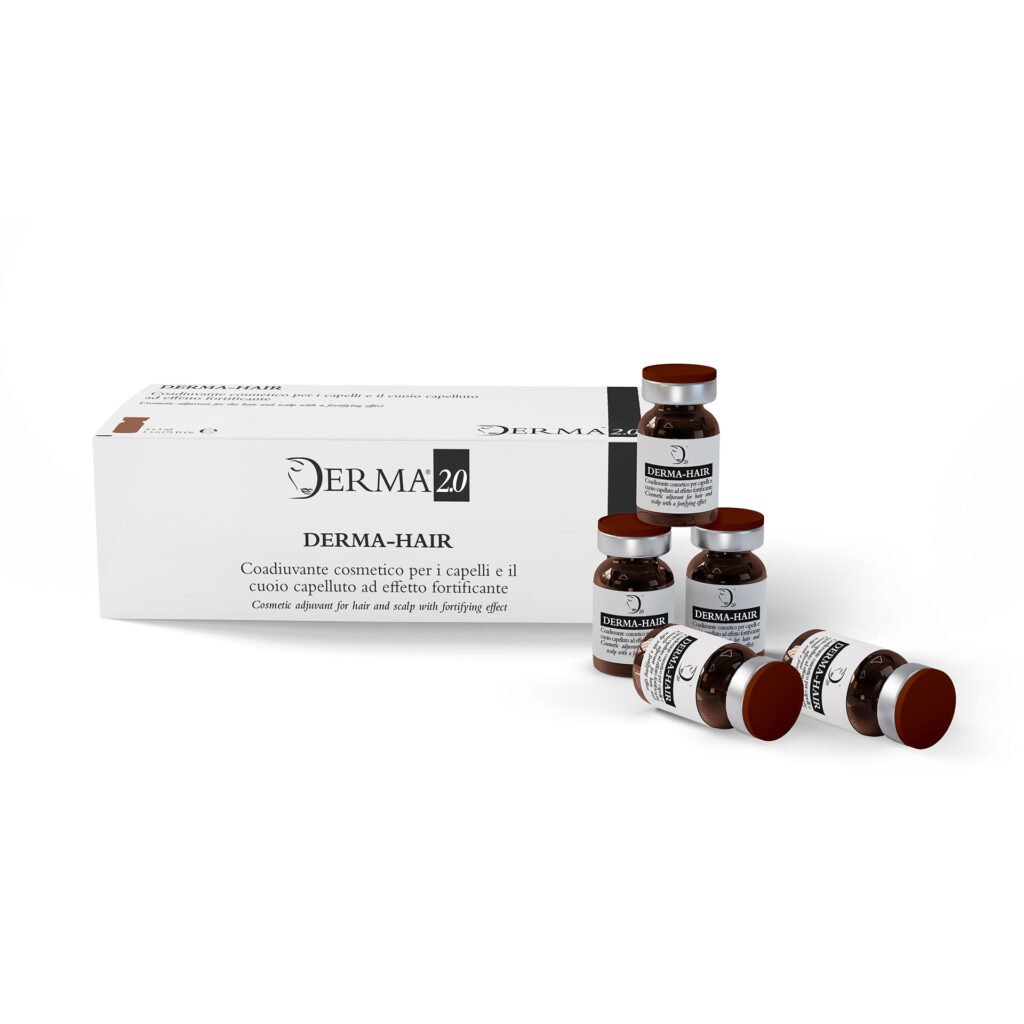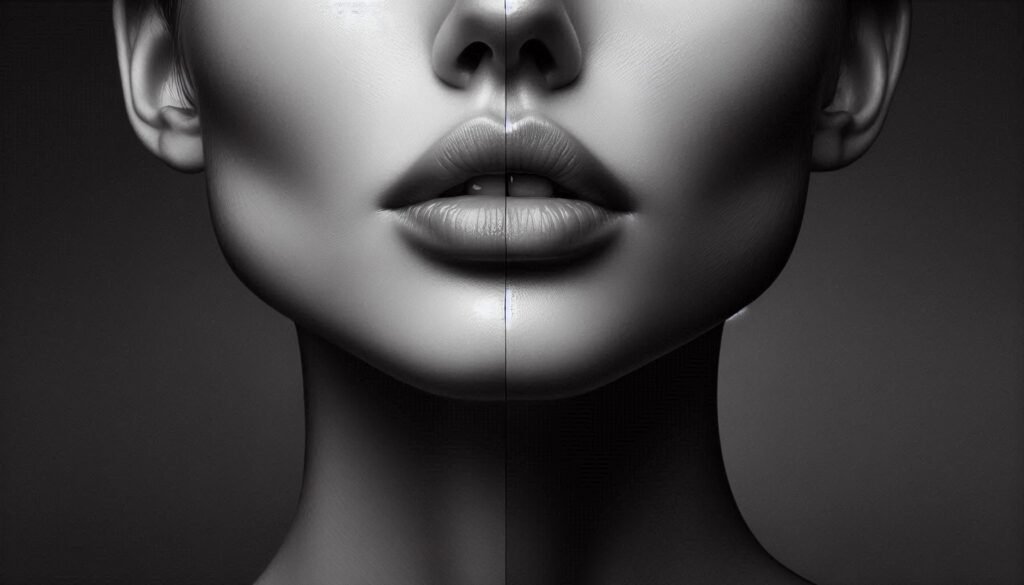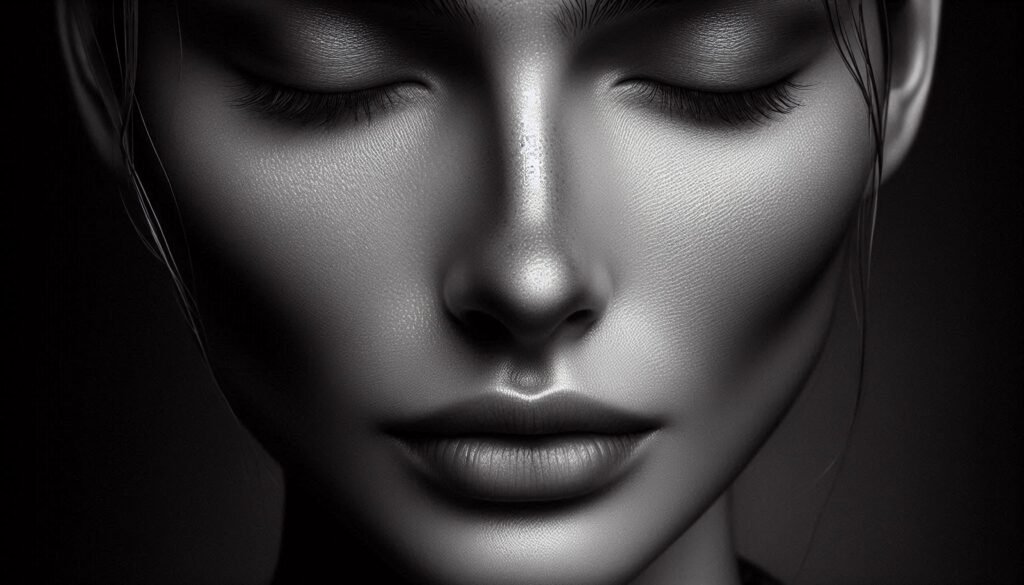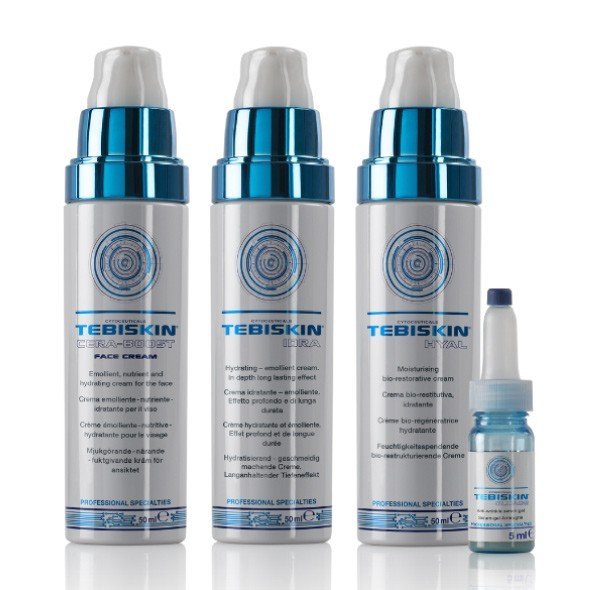Rejuvenate Face Aesthetic Clinic
Rejuvenate Face Aesthetic Clinic is based in Nottingham, We specialise in enhancing beauty through expert aesthetic treatments. We offer a wide range of services tailored to meet your unique needs. Our clinic utilises the latest techniques and technologies to ensure safe and effective results, from advanced facial rejuvenation procedures to non-invasive skin treatments.
Opening Hours
- Monday
- Tuesday
- Weds
- Thursday
- Friday
- Saturday
- Sunday
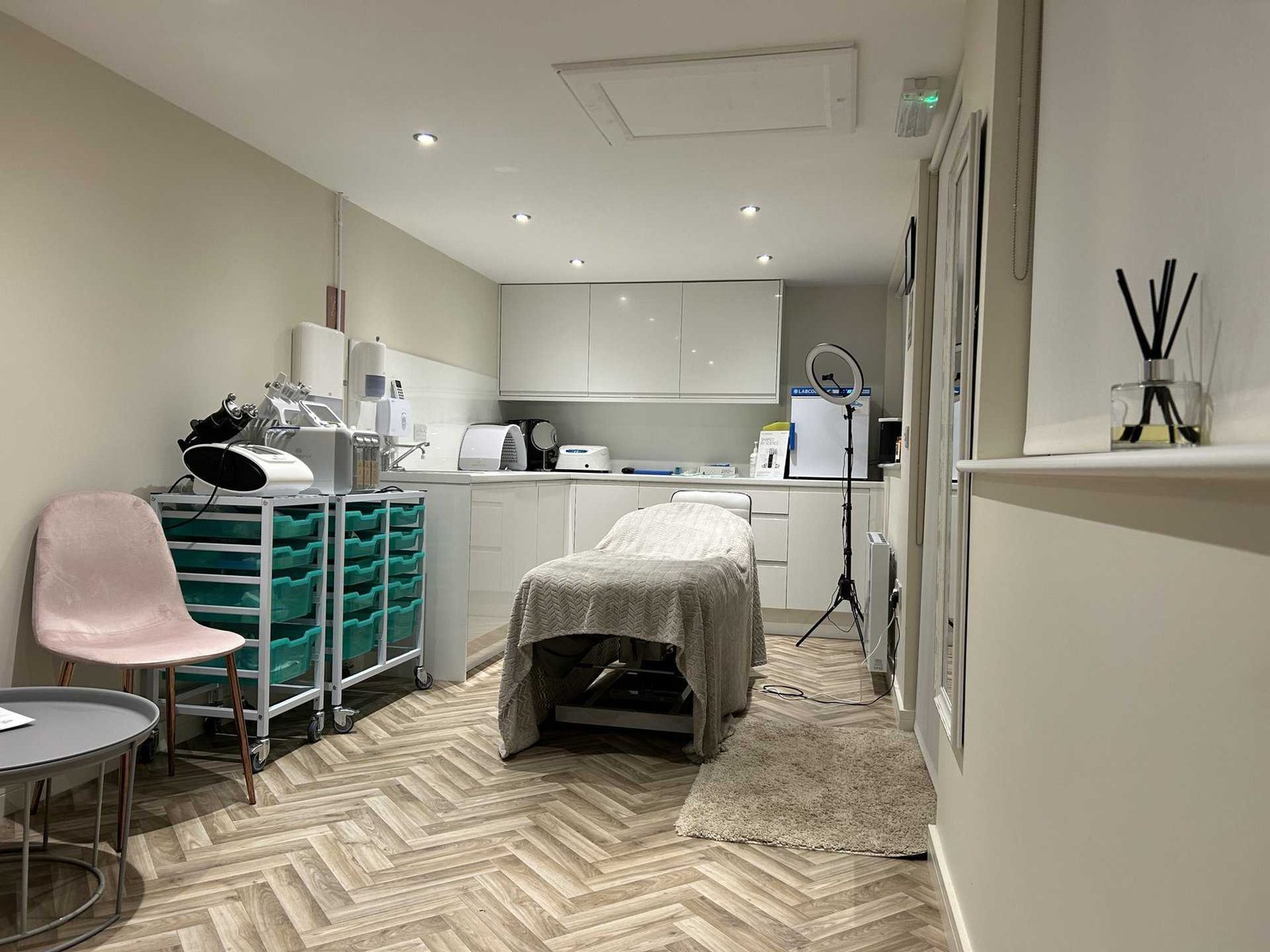

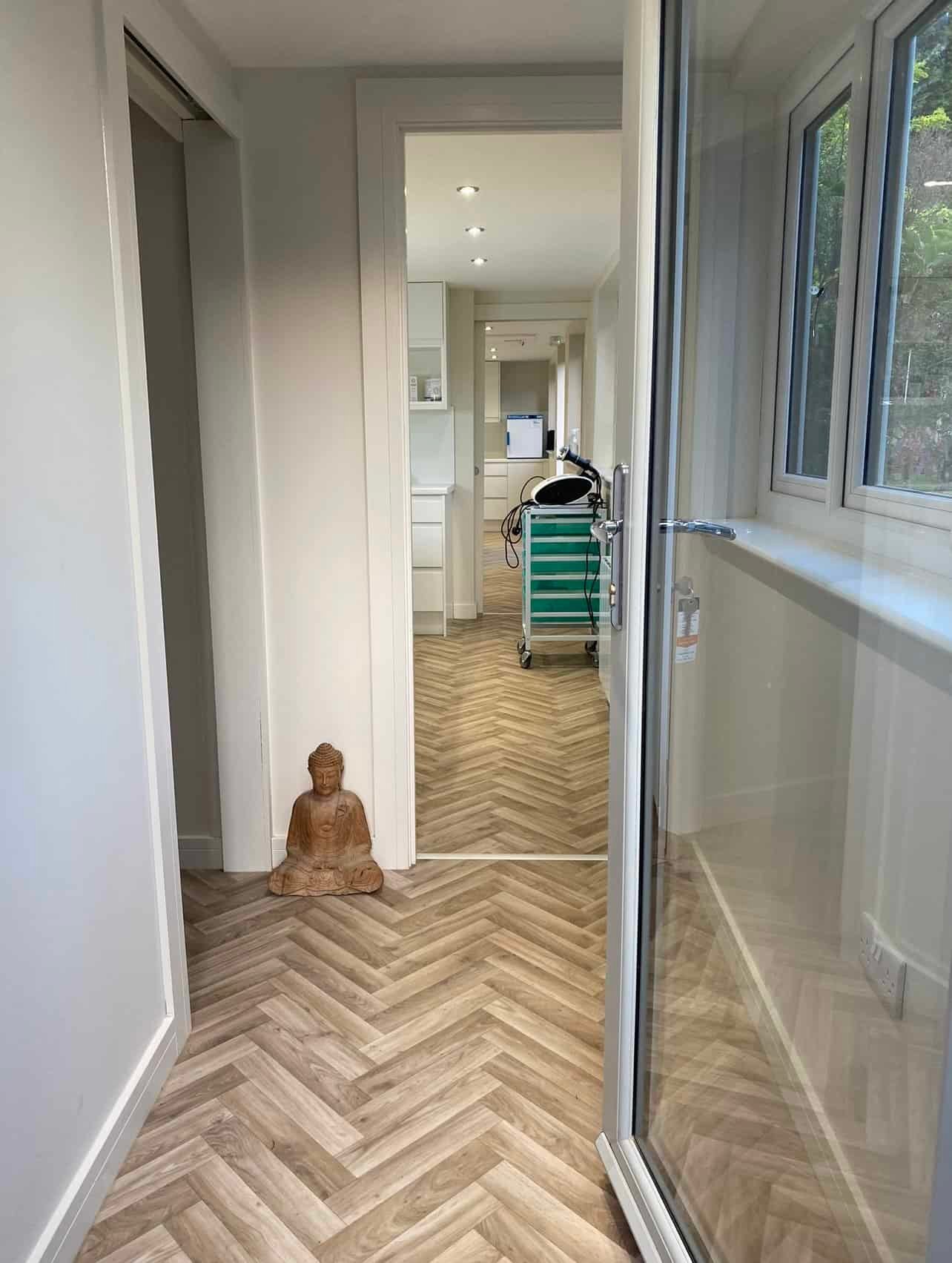
Our Philosophy
At Rejuvenate Face, we understand that everyone wants to look and feel their best. That’s why we offer a wide range of skin, aesthetic, and facial treatments tailored to address your specific concerns and enhance your natural beauty. Whether you want to reduce wrinkles, improve your complexion, or enhance your facial features, our skilled professionals will work with you to create a personalised treatment plan that meets your aesthetic goals.
Tessa
Aesthetic Consultation
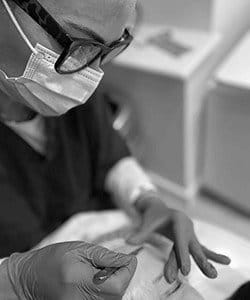
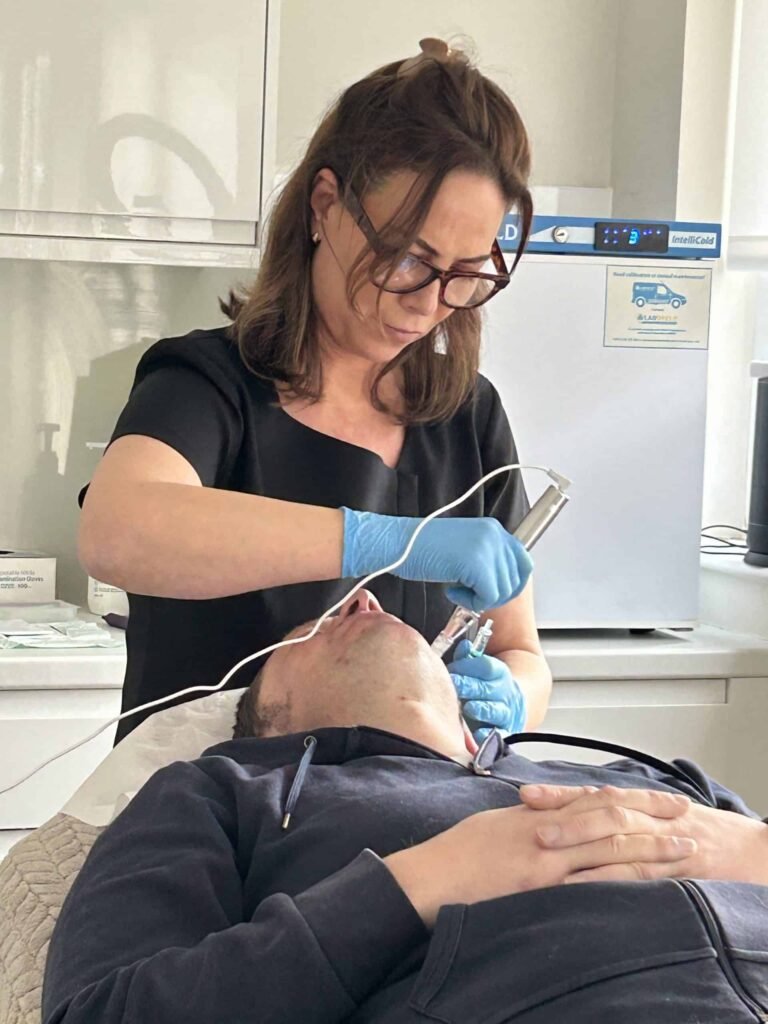
Latest Treatments
Click on the images for further information about the most popular treatments provided by our state of the art aesthetic clinic

RF Microneedling
The future of skin rejuvenation is here.

Derma-2 Skin Booster
Derma-2: Unleash your skin's potential

Sosum Soft
Sosum: Say hello to softer skin.

Derma-Eye
The skin around your eyes deserves a boost.
Aesthetic Ultrasound
We prioritise your safety with ultrasound for precise dermal filler placement and dissolving and vascular mapping to reduce risks.
Learn More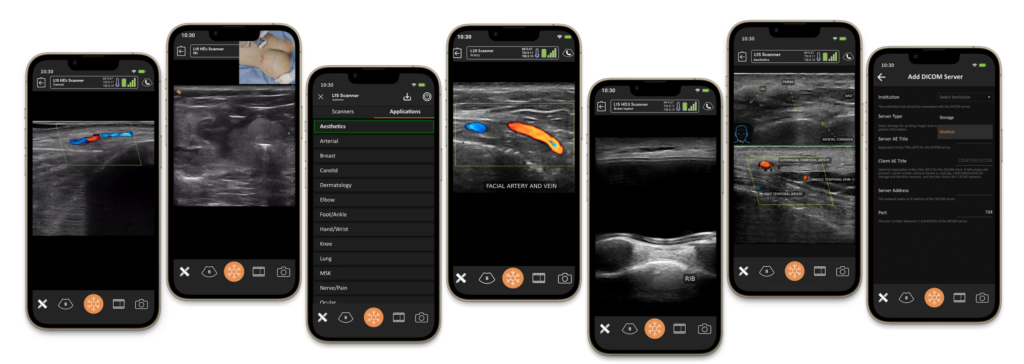
Our Chosen Skincare
Elevate your skin with our exclusive, professional-grade products. Experience the difference at our clinic today
TESTIMONIALS
What Our Customers Are Saying
Discover what our satisfied clients have to say about their experiences at our aesthetic clinic.
What a fantastic experience
What a fantastic experience i feel amazing every time I visit here always professional very friendly looking forward to my next appointment thank you so much tessa @rejuvenate xxxx ...
Tessa was awesome
I had an amazing facial with Tessa. The treatment left my skin feeling fresher, clearer and softer than ever before. Tessa was awesome so welcoming and knowledgeable and I’ll definitely be going back for regular treatments ...
You will feel incredibly looked after and very safe.
I travelled from Milton Keynes to see Andy because he uses a Clarius ultrasound to find out what's going on under the skin before he starts poking needles into your face (which is remarkably hard to find in a practitioner, as it happens). I had gone there wanting to know whether it was worth having some filler dissolved. He spent a lot of time with me explaining the risk v benefit, he did an ultra ...
Will be going back for monthly treatments
My first Dermaplaning and it was amazing. Tessa is really informative, dignified and respectful. Will be going back for monthly treatments. Thank you so much Tessa x ...
Excellent Service
Excellent service, spoken through at the process and have lots of information, felt comfortable and a valued customer ...
A Great Experience
A lovely small clinic where Tess takes time to listen to your skin concerns and then recommends the best treatment. She gave great explanations of the benefits of the treatment and what to expect afterwards. A great experience. ...
Latest News And Updates
Our series of articles, thoughts and musings
FAQs on Facial Aesthetics
This FAQ section aims to address the most common questions about facial aesthetics, ensuring you have the knowledge you need to make informed decisions. From understanding the safety and effectiveness of treatments to finding a qualified practitioner, we cover key aspects to help you achieve your aesthetic goals confidently.
What are the most popular facial aesthetic treatments available in the UK?
The most popular facial aesthetic treatments in the UK include wrinkle smoothing injections, dermal fillers, chemical peels, and microneedling. Wrinkle smoothing injections reduce the appearance of fine lines and wrinkles by temporarily relaxing facial muscles. Dermal fillers add volume to areas such as the cheeks, lips, and under-eye regions, enhancing facial contours and smoothing wrinkles. Chemical peels improve skin texture and tone by exfoliating dead skin cells while microneedling stimulates collagen production, promoting skin rejuvenation and reducing scars and pigmentation.
Are facial aesthetic treatments safe?
Facial aesthetic treatments are generally safe when performed by qualified and experienced practitioners. Choosing a certified professional who follows stringent safety protocols and uses high-quality, approved products is essential. Practitioners should ideally have advanced qualifications such as Level 7 certification or an MSc in Aesthetic Medicine. Possible side effects, such as redness, swelling, or bruising, are usually temporary and subside within a few days. A thorough consultation before the treatment can help assess your suitability, discuss potential risks, and tailor the procedure to your needs and goals. Reputable sources such as Save Face and the Joint Council for Cosmetic Practitioners (JCCP) provide lists of accredited practitioners.
What qualifications should a practitioner have to perform facial aesthetic treatments in the UK?
Practitioners performing facial aesthetic treatments in the UK should have relevant medical qualifications and be registered with professional bodies such as the Joint Council for Cosmetic Practitioners (JCCP) or the British College of Aesthetic Medicine (BCAM). These organisations ensure that practitioners meet high standards of training, safety, and ethical practice. Additionally, Save Face provides accreditation for practitioners who meet rigorous standards of practice. Look for practitioners with advanced qualifications such as Level 7 certification or an MSc in Aesthetic Medicine. Always verify the credentials and experience of your practitioner before undergoing any treatment.
What should I expect during a facial aesthetic treatment consultation?
During a facial aesthetic treatment consultation, your practitioner will assess your skin and discuss your concerns, goals, and medical history. They will explain the available treatment options, the procedure details, potential risks, and expected outcomes. This is an opportunity to ask questions and ensure you understand the process. The practitioner will also determine if you are suitable for the treatment and create a personalised plan tailored to your needs. A thorough consultation ensures that you receive safe, effective, and appropriate care.


